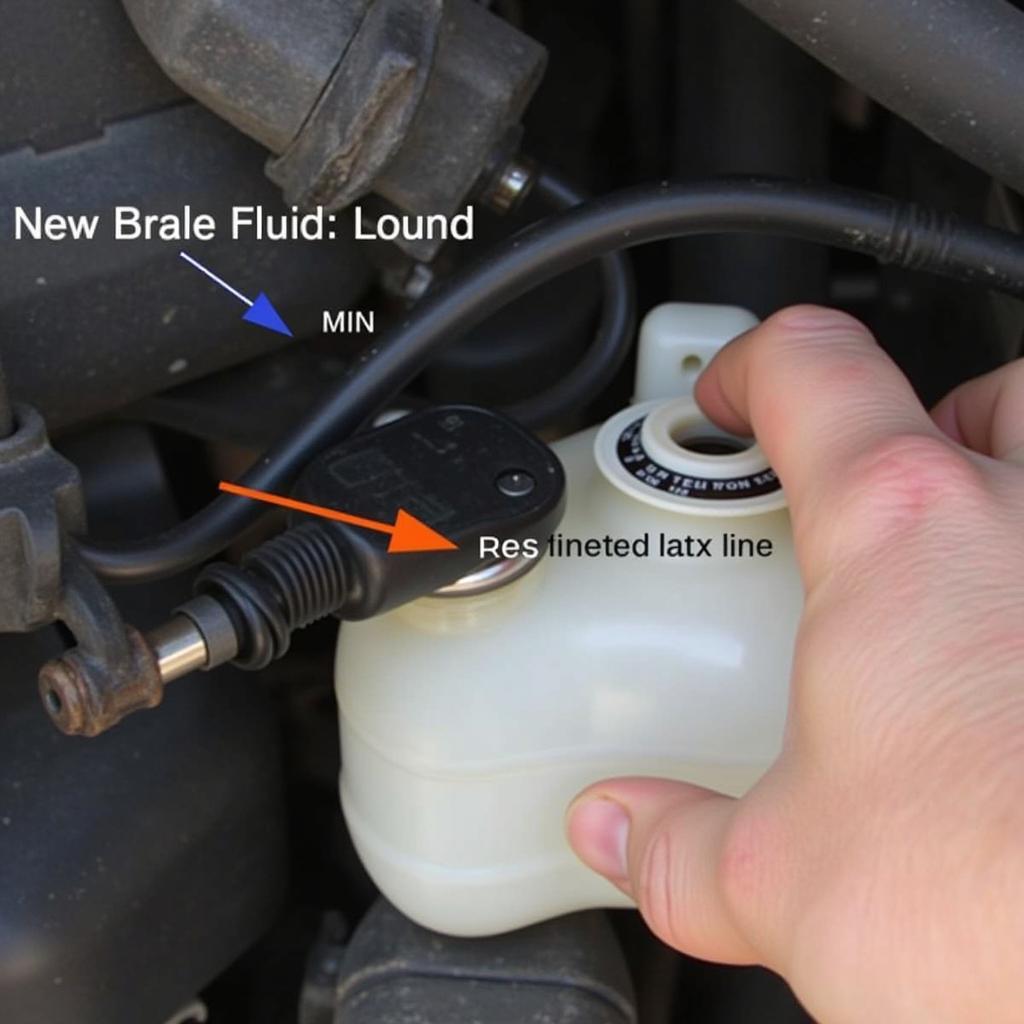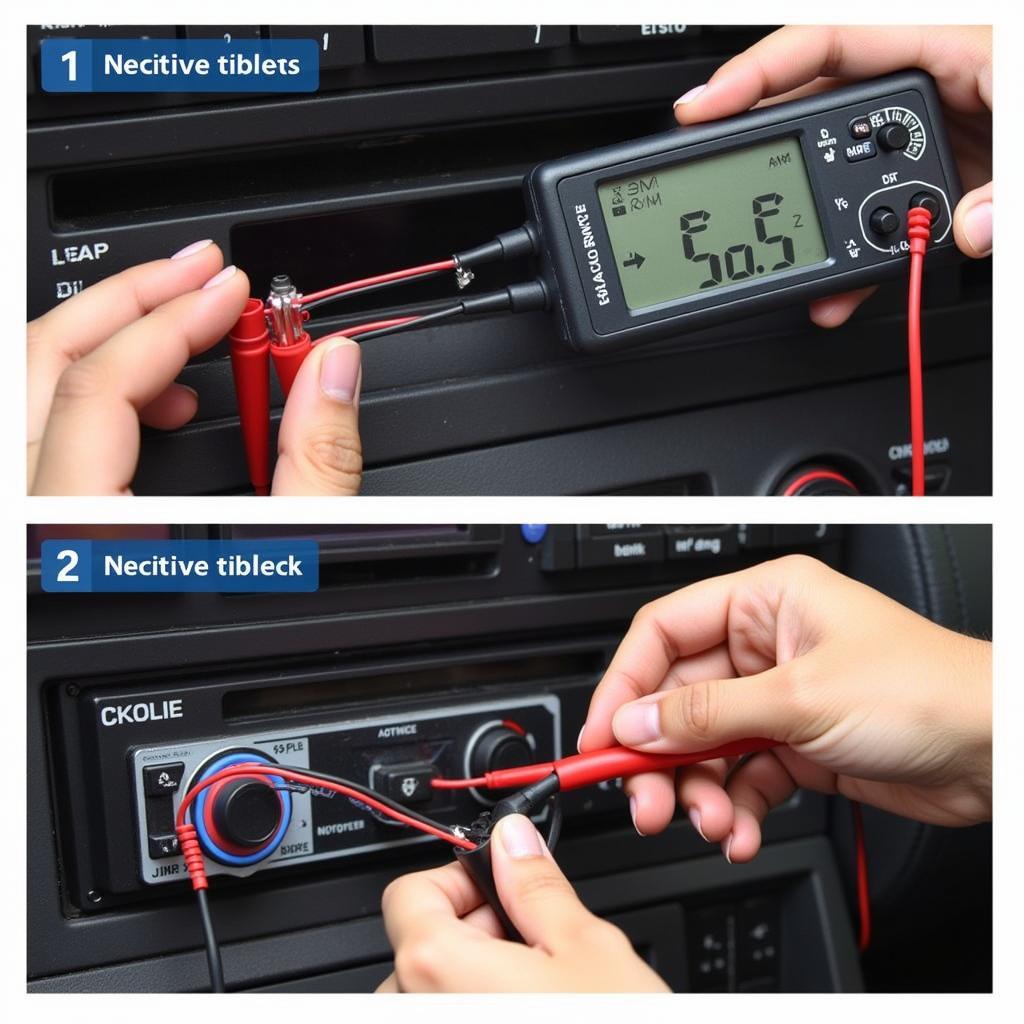When it comes to protecting your car, you don’t just need physical security. Modern vehicles are complex machines controlled by software, which means they’re also vulnerable to digital threats. That’s where Avast Anti-Theft might come to mind, and you might be wondering “how much is it?” and “do I really need it?”.
Avast Anti-Theft: Myth vs. Reality
Let’s clear the air. Avast, a reputable name in cybersecurity, does not offer a dedicated “Avast Anti-Theft” product for vehicles. Their expertise lies in computer software, not automotive systems.
Searching for “Avast Anti-Theft” likely stems from a misunderstanding, potentially confusing it with Avast’s offerings for mobile devices, which often include anti-theft features.
Protecting Your Car: The Real Deal
While Avast might not be your solution for automotive security, there are real concerns, and real solutions:
1. The Rise of Digital Car Vulnerabilities
Modern cars are equipped with Electronic Control Units (ECUs) managing everything from engine performance to door locks. These systems can be vulnerable to hacking, potentially allowing unauthorized access and control.
2. Identifying Potential Security Risks
While not everyday occurrences, signs of car hacking can include:
- Unexplained behavior: Sudden acceleration, braking issues, or erratic dashboard warnings could indicate ECU manipulation.
- Unusual activity on connected apps: If your car has a mobile app, monitor it for suspicious login attempts or unauthorized changes.
3. Equipping Yourself with the Right Tools
For actual car diagnostics and troubleshooting, you need professional-grade equipment. Think of it like this: you wouldn’t use a household wrench to fix a jet engine, right?
Cardiagtech offers a range of advanced diagnostic and programming tools, such as the [insert product name], specifically designed for automotive systems.
4. Taking Action: How to Protect Your Car
- Stay Updated: Manufacturers regularly release software updates that often include security patches for your car’s systems. Always install these promptly.
- Be Cautious with Third-Party Devices: Adding aftermarket devices that connect to your car’s system can introduce vulnerabilities if not properly secured.
- Consult the Professionals: If you suspect any unusual behavior, reach out to a qualified automotive technician or your dealership for a thorough inspection.
FAQs about Automotive Security
Can someone hack my car remotely?
While theoretically possible, remote hacking usually requires sophisticated knowledge and access. It’s more common for vulnerabilities to be exploited through physical access to the vehicle or unsecured connected devices.
What should I do if I suspect my car has been hacked?
Immediately disconnect your car from any connected devices (like your phone) and contact a trusted mechanic or your dealership for professional inspection and advice.
Do I need special software to protect my car from hacking?
While there’s no one-size-fits-all software solution, using a reputable antivirus on any device you connect to your car is a good practice. Additionally, prioritize keeping your car’s software updated.
Remember, when it comes to automotive security, knowledge and proactive measures are your best defense.
Need help diagnosing a potential issue or want to learn more about Cardiagtech’s range of automotive solutions? Don’t hesitate to contact our team for expert advice and support.



